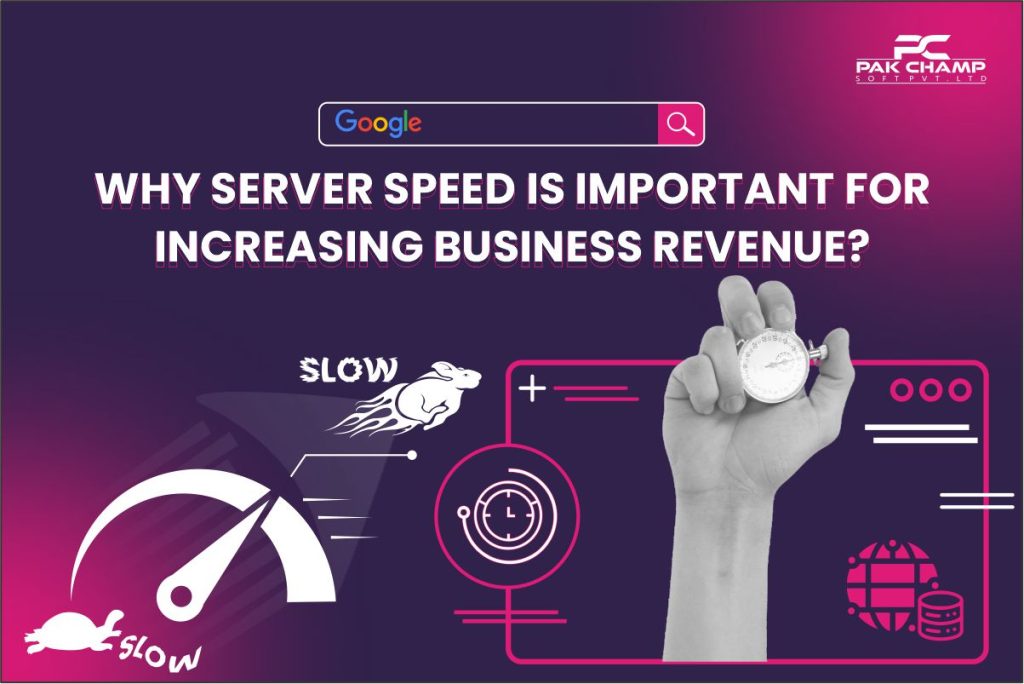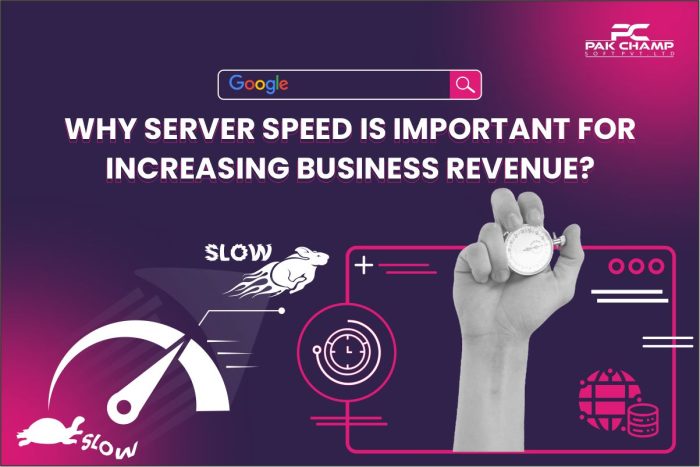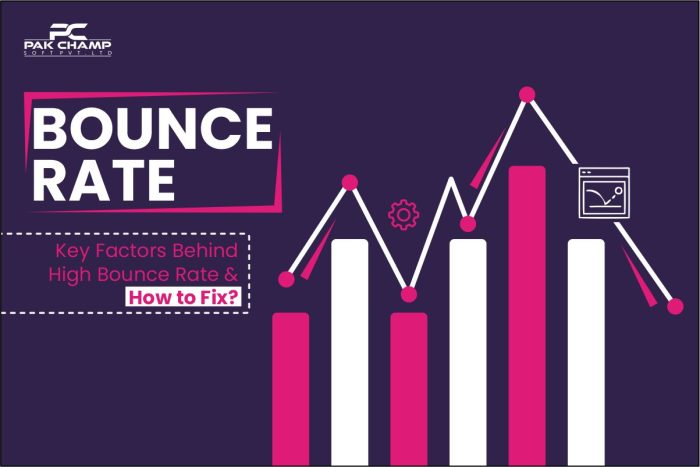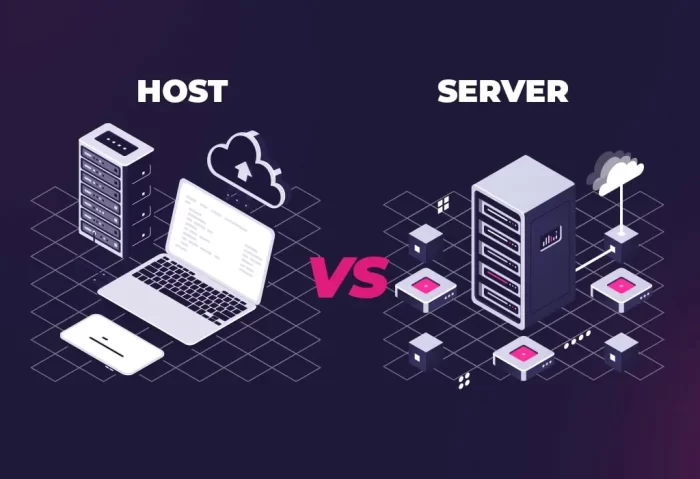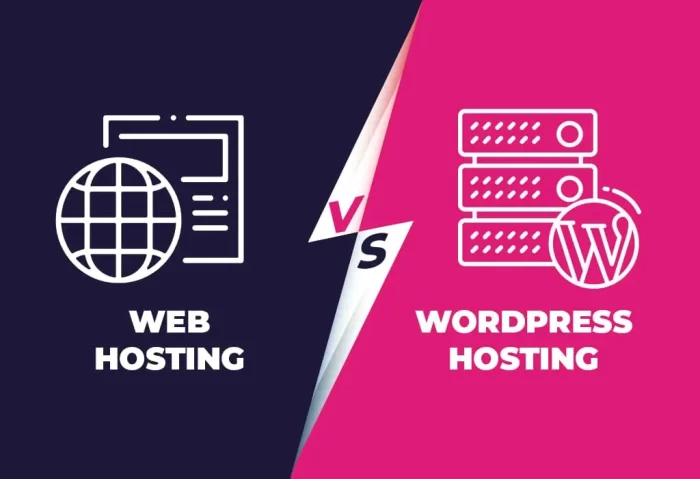Server speed is not just a technical metric; it can make or break your business. It directly influences user experience, SEO performance, conversion rates, customer retention, competitive positioning, mobile performance, and overall operational efficiency.
In today’s fast-paced world, online shopping has become a preferred mode of purchase due to its convenience. However, a slow server speed can disrupt this seamless experience, leading to user frustration and potential revenue loss for your business.
Online shopping is not just a passing phase; it’s a significant shift in the way business is conducted. All physical companies are now transitioning online to tap into this growing market. With millions of websites or e-commerce stores already on the Internet, and the number set to increase, businesses need to adapt and optimize their online presence to stay competitive.
A slow-loading website is not just an inconvenience for users; it’s a direct threat to its owners. If your website takes time to download, they’ll be a great chance to lose potential customers and revenue. On the other hand, a fast-loading webpage significantly increases your revenue and helps you stay ahead in your competitive market.
In this blog post, you’ll learn what server speed is. How does the server work? How much server speed is enough for a website page? Why is Server speed essential to increase business revenue? What is the ideal time frame for loading a web page? And how a dedicated server gives your website faster website speed. Let’s dive into exploring the digital ocean to learn about server speed.
Table of Contents
ToggleWhat is a Server Speed?
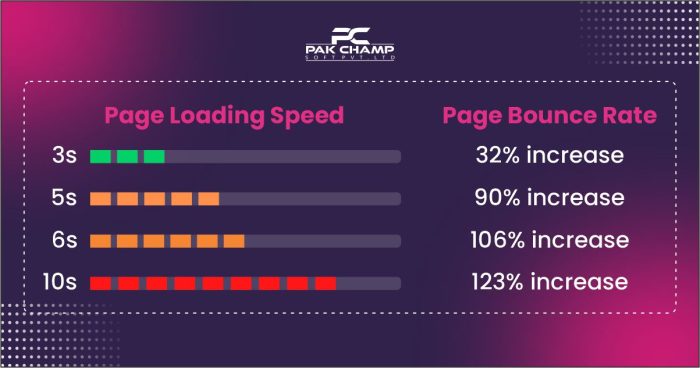
Server speed refers to how fast your web server processes. It delivers web pages, content, and data to users who request them via their web browsers. Server speed depends on the location where your website is hosted or the web hosting company you choose to host it. Choosing the best web hosting would give your website a fast server speed.
Main Factors Affect Server Speed
Several factors can significantly impact your web server speed and response time.
Bandwidth:
Network bandwidth influences the data transmission speed from the server to the client. Higher bandwidth means faster server speed, which allows more data to be transferred quickly.
Hardware:
A server’s performance heavily depends on its hardware components. For example, CPU, RAM, storage, and network interface can directly impact server speed. More powerful hardware smartly handles requests and processes them faster.
Software:
Server software increases operational efficiency and web performance. To enhance server efficiency, we have (Apache and Nginx) database management systems and other applications that can increase your web server speed. Optimized software configurations and regular updates can improve server efficiency and performance.
Security Measures:
Essential security measures such as encryption are crucial to maintaining server speed without compromising security.
Server Location:
The physical location of the server significantly impacts its speed and efficiency. Choosing the server location wisely can reduce latency and improve website performance. Addressing these main factors through hardware upgrades, software optimizations, and efficient network management can improve server speed and achieve a smoother user experience for businesses.
How Does the Server Work?
A server is a dedicated machine or a virtual instance running on a powerful computer. It typically has specialized hardware and software designed to handle multiple client requests efficiently. Servers incorporate robust security measures to safeguard data and resources from malicious attacks or cyber criminals. These measures include encryption, authentication mechanisms, firewalls, and other security protocols.
In short, servers play a crucial role in modern computing by enabling the sharing of server resources and services across networks.
How Much Speed Is Enough for a Web Page?
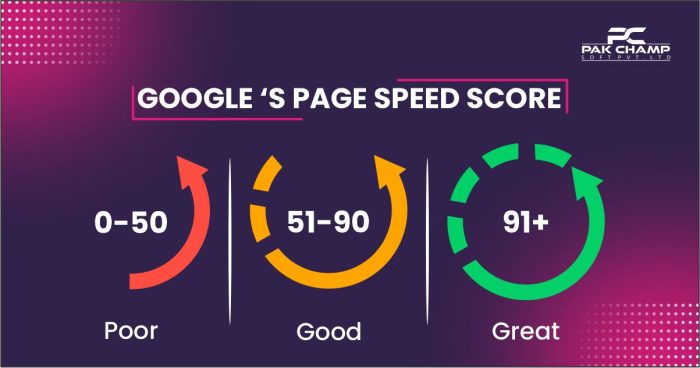
The ideal loading time for any website is between 3 to 5 seconds. If your website is visible within 5 seconds, it is good, but a website load time of more than 10 seconds will cause de-ranking and conversion. Multiple tools can help to optimize a website’s structure and performance to increase website speed and efficiency. Continuously monitoring and improving page speed gives you a better user experience and positively impacts website bounce and conversion rates.
Does Website Speed Increase Your Business Revenue?
Yes, of course! Google records web page speed to determine a website’s ranking and other organic ranking factors. You can check website pages by using Google Webmaster Tools.
According to the latest calculated formula, improving your website’s speed can improve its 2% conversion rate. Amazon, Yahoo, and Mozilla are great examples of businesses that boost their business by speeding up the loading speed of their web pages.
Several studies prove that average visitors stay on a website within 2 to 3 seconds. If it is not accessible, they’ll leave. A slower website is not only a reason to decrease your sales but also creates frustration among website visitors and negatively impacts your users.
There are millions of websites on the Internet, and there are likely to be many more in the future. Due to high competition, your website must load within 2- 3 seconds to minimize the possibility of dropping.
Higher Website Server Speed = Higher Business Revenue
There are a variety of online tools that measure and improve website server speed and online performance. In the below section, we’ll give you an idea of how to measure your website server speed. Let’s check the details.
How to Measure Your Website Server Speed and Performance?
You need to measure server speed to identify drawbacks that can cause low server speed for your website. You can measure your server speed using tools. Here are three popular tools to measure server speed and performance.
- GTmetrix: In addition to the server speed, it can give you an in-depth analysis of your website performance, design, DNS lookup time, and media file usage.
- Google PageSpeed Insights: it analyzes the performance of website pages on both mobile and desktop devices.
- Google PageSpeed Insights: provides actionable insights and recommendations for enhancing the speed, usability, and overall user experience of mobile and desktop devices.
- BitCatcha: This tool is designed to test your web server speed and response time from 10 different global locations—all at once. The key metric to monitor Time to First Byte measures how long the browser takes to get the first byte of data from the website server. A lower TTFB indicates a faster server response time.
BitCatcha is a valuable tool for assessing server speed performance and uptime. It’ll evaluate your website server speed and provide valuable insights to optimize your web hosting environment for better user experience and reliability.
Dedicated Server Best Choice to Experience Faster Server Speed
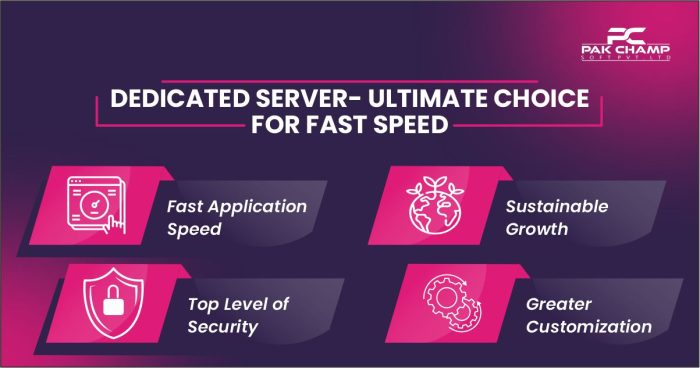
A dedicated server provides faster speed and consistent performance than shared or VPS hosting. Suppose your priority is to experience faster server speeds and have complete control over server resources, security, and scalability. In that case, dedicated server is the best hosting choice to meet your digital needs.
Due to its speed and power, dedicated server hosting is highly suitable for high-traffic websites and large businesses. Most online companies reap the benefit of dedicated hosting. A dedicated hosting plan will give you an exceptional boost you can’t experience through shared server resources.
Selecting the best server hosting will help you increase your website ranking. Shared and dedicated hosting are two major online hosting services. Shared web hosting is low-priced and has limited hosting resources. It is ideal for low-traffic websites. Dedicated hosting is an expensive option best for large organizations and high-traffic websites that require complete control over server resources and uncompromised performance.
Conclusion
Server speed isn’t just about technical optimization—it’s a strategic investment in enhancing user experience, improving search rankings, and ultimately increasing revenue. By delivering a fast, responsive website, businesses can increase the opportunity to turn visitors into dedicated customers and drive business growth.

